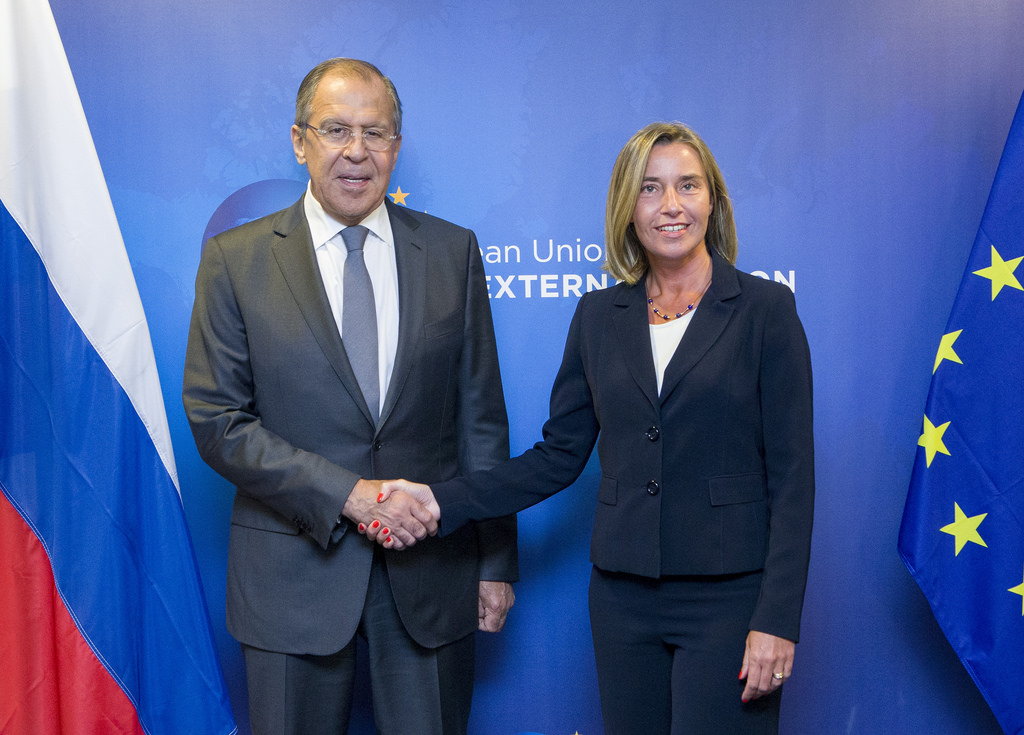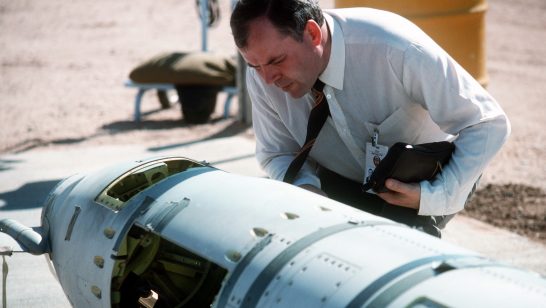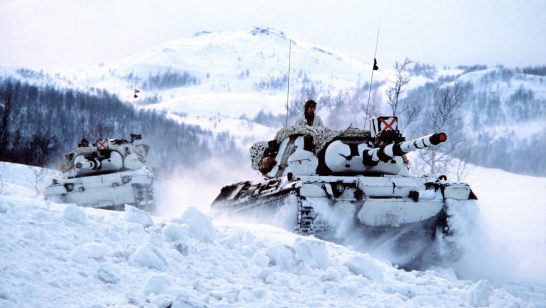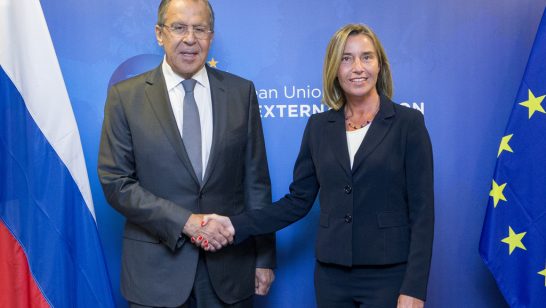
The world is arguably more fragmented and polarised than it has been at any time since the end of the Cold War. The wave of optimism and internationalism that swept all before it in the 1990s has given way to a rising tide of nationalism. The seemingly unstoppable forward march of liberal democracy has been halted in its tracks and forced to retreat, leaving a vacuum that has been filled by the forces of tribalism, nativism and authoritarianism.
Putinist Russia is at the vanguard of the zero-sum game mind-set that has come to define this age of fragmentation that has driven the rise of Trump, Orban, Le Pen, Salvini, Bolsonaro, the Brextremists, and a plethora of nationalist parties such as the AfD and the Sweden Democrats. Disdain for multilateralism and international organisations is the red thread that runs through and between every one of these individuals and the movements that they lead. To them, compromise, moderation and pragmatism are dirty words.
The great values schism that has driven a deep wedge between the Europe of Macron and the Europe of Orban has been warmly welcomed in the Kremlin, where ‘divide and rule’ has been the prevalent foreign policy for as long as anyone can recall. The Putin regime made skilful use of social media and financial resources to support a range of campaigns, from Brexit to Trump to the AfD in Germany, and even he must be truly amazed by the success that he has achieved.
But there can be no doubt that Putin has been pushing on an open door. From the American rust belt to the industrial heartlands of Europe, anger and frustration have been building for decades. Communities have watched helplessly as high skill, high wage manufacturing jobs were exported to the other side of the world whilst politicians shrugged and told them that globalisation is a force of nature that cannot be tamed.
The economic dislocation of the last thirty years created fertile ground for the cultural polarisation and tribalism that now define politics and society in the US and Europe, and from this it should logically follow that Mr Putin would be declaring victory. But this is not the case.
President Putin still dominates the political scene, but his approval ratings have fallen dramatically since his March re-election (from 82% in April 2018 to 66% in October, according to the Levada Centre). In part this is due to his high-profile role in unpopular pension reforms, but the shambolic nature and laughably incompetent handling of the Skripal affair have served to shatter Mr Putin’s reputation as the strategic genius who runs rings around the West.
The Skripal attack was also the straw that broke the camel’s back in terms of the British government’s Russia policy. In stark contrast to its feeble response to the assassination of Alexander Litvinenko, the government’s reaction this time has been robust and effective. In addition to the well co-ordinated diplomatic expulsions, Parliament passed the Magnitsky Amendment, unexplained wealth orders are being mobilised and visa applications from Russian citizens with close ties to the Kremlin have been rejected, with Roman Abramovich being the most prominent example.
The question now, is how will Mr Putin react? Recent history demonstrates that when his popularity drops he tends to lash out, and it seems that the Sea Of Azov could be the next flashpoint. The military build-up there should be a source of urgent concern, and with the Minsk process utterly stalled there is no mechanism for de-escalation.
I am writing this on my return to London from Minsk, where I have been taking part in the autumn meeting of the Munich Security Conference Core Group. Our meeting with President Lukashenko confirmed that we are as fragmented and polarised as we have ever been, but the very fact that the meeting took place in Minsk should be a reason for optimism. Belarus is a country that is well and truly within Russia’s sphere of influence, but Mr Lukashenko is clearly very keen to build stronger links with the EU and the West.
So, whilst there can be no doubt that the West is deeply divided and fragmented, and that this in turn profoundly weakens the ability of politicians to defend and promote multilateralism and the international rules-based order, it is equally true that Mr Putin has over-reached. The annexation of Ukraine and the invasion of eastern Ukraine were greeted with rapturous applause by the vast majority in Russia, but adventurism in Syria received a more mixed response, and the Skripal affair was perhaps the moment when the Russian people began to wonder where their President is taking them.
Relations between Russia and the West are therefore at a delicately balanced inflection point. The ball is in Mr Putin’s court, because it is he who comprehensively lost the propaganda war over Skripal. His next move will therefore be a critically important indicator of his broader strategic positioning: will he revert to type and provoke a flare-up in the Sea of Azov, or will he learn the lesson of Skripal and conclude that perhaps it’s time for a change of posture towards the West?
It is some time since the conditions for engagement and dialogue with Russia have been more conducive. This is the moment for the West to take the initiative and offer something new and innovative on Minsk, perhaps in exchange for discontinuing plans to station NATO forces on the Polish border with Belarus.
The history of Russia – West relations is a story of missed opportunities.
Let us hope that both sides will learn from their mistakes, and instead start showing the political will and leadership that is so long overdue, and so urgently needed.
The opinions articulated above also do not necessarily reflect the position of the European Leadership Network or any of its members. The ELN’s aim is to encourage debates that will help develop Europe’s capacity to address pressing foreign, defence, and security challenge.




